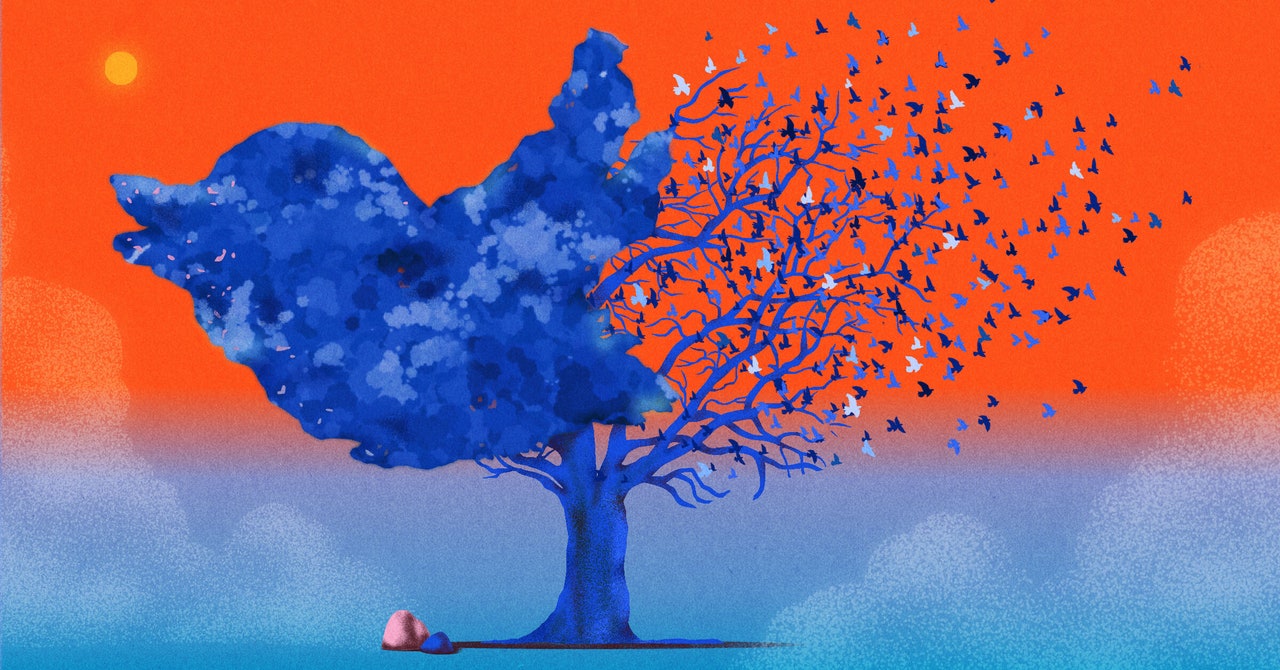Think how devastating it was for anti-vax influencers Alex Berenson and Robert Malone to be kicked off Twitter. Coincidentally, they were grifters. But if Twitter died, it would be devastation everywhere. The careers of hundreds of thousands of people are now primarily channeled on Twitter. Many academics have built popular audiences entirely on Twitter and enriched their professional networks. The chatter between otherwise compartmentalised young professors and postdocs there has become indispensable.
I think some people are embarrassed to admit what Twitter has really come to mean to them. “[I] would gladly pay $100 a month to keep Twitter alive,” a comedian with 34,000 followers recently tweeted. The ratio against him was merciless. It’s not cool to say you genuinely care about Twitter. Users accused the comedian of being an asshole, a dork, an elite: “Wow, so to you $100 is cheap?” “I’d probably pay $100 to kill Twitter instead.”
But I’ve noticed that political strategists and academics are beginning to beg their followers not to leave the app. They usually present these appeals as pleas for the sake of a greater good or community. And yet they are often characters who have gained thousands of readers never could influence without Twitter. And because any attempt not to lose followers inevitably comes across as shameful status-seeking, their pleas are often ignored. But many are simply pleading for their livelihoods, and we need to listen.
A virtual civilization that became vital to our world is chilling. Much of the best coverage of what’s going on on Twitter has been revealed On Twitter, by citizen journalists and app contributors professional investigative journalists; we are gradually being plunged into a kind of darkness. Twitter’s “Trending” column, even recently, has been helpful. Recently, Twitter told me that the hottest topic where I live, in South Africa, was Tylenol, a brand that isn’t even sold here. When I wondered what was trending in Athens and put myself there via VPN, I got the disturbing news that Dan Quayle is trending in the Parthenon.
In Rome, Mike Pompeo was trending. I assume that’s because his last name is Italian and there are no real ghosts left on Twitter to compile trends, just an algorithm that catches leftover fuel in the form of tweets and randomly sets them on fire like a downed power line in a hellish landscape throwing sparks at the huge oil slick left by the 30-ton tanker truck that is Elon Musk’s vanity.
I remember learning about the Roman Colosseum in elementary school. It was built on top of Rome, for games, historical reenactments, forums and burials. In a way, the elite were running the show, but 95 percent of those who went there were common people – women, the poor, foreigners. As Rome grew and became more decadent, the Colosseum increasingly turned into a space for brutal spectacle, where exotic imported animals tore apart condemned men for the pleasure of onlookers. I remember hearing that the Colosseum was abandoned after Rome was sacked in 410 AD.
I recently learned that this is not true. The Colosseum was never completely abandoned. More than a century later, long after the Visigoth king had torn through Rome, animals were still hunted there—albeit on a smaller scale, with deer instead of tigers.
As the central organization collapsed, street vendors combed the booths to lure people to sideshows, while artisans set up ad hoc shops, a bit like the way Twitter users now desperately direct their followers to their accounts on other platforms and the “elite business professors’ have been jumping into comments touting their crypto schemes. Twitter users now imagine their latest tweet, immortalized as a moment in history: “Like, right when I fire off something thirsty about Paul Newman’s ghost…the site crashes forever.But it’s very likely that Twitter will continue to ripple on for a long time, as the Coliseum did, and we’ll never quite know if we’re in for the glorious and hilarious finale. I actually think the prospect of Twitter’s rapid demise – in weeks or months – is functioning as a fantasy right now. It’s a fantasy that relieves users of the need to judge for themselves at what point it has become truly dangerous or useless.

